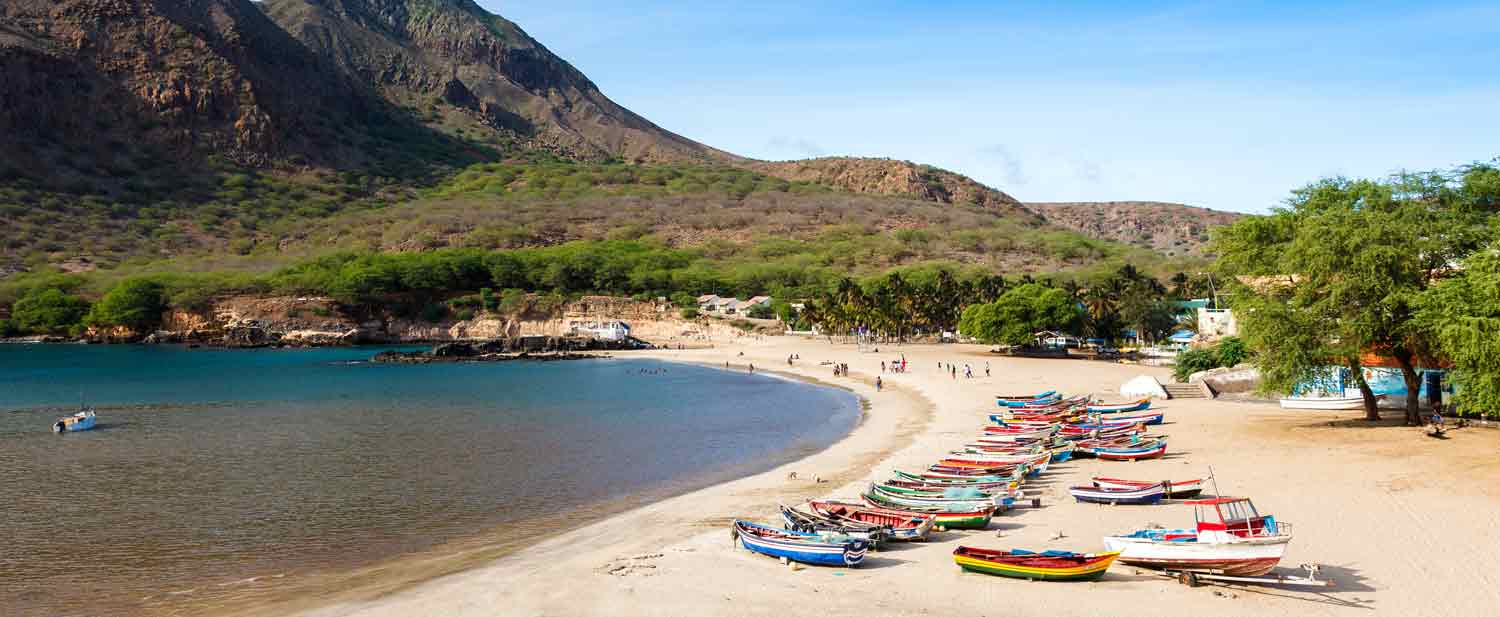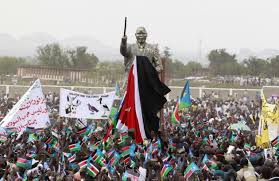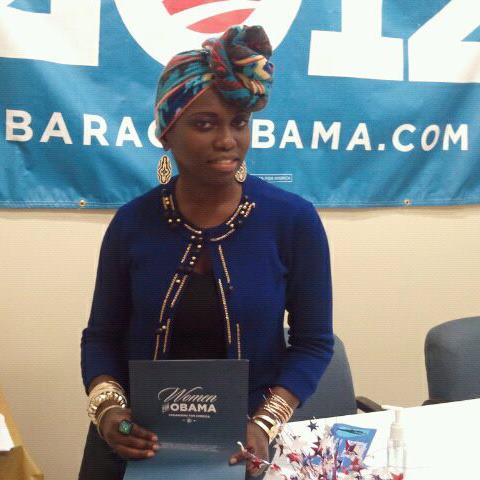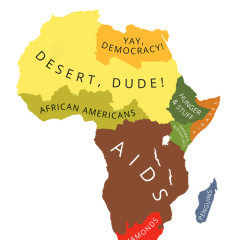Albino hunters ravage southern African region
April 26, 2017
Wallace Mawire
[caption id="attachment_37627" align="alignleft" width="300"] Samantha at a Food for Thought discussion on trafficking in persons at the US Embassy in Zimbabwe[/caption]
The Southern African region is witnessing an increase of cases of
people living with albinism being targeted by albino hunters for their
body parts.
According to Samanatha Munodawafa, Programme Officer for the United
Nations Office on Drugs and Crime (UNODC) based in Pretoria, South
Africa, issues of albino hunters on the prawl in the region are being
classified as human trafficking and the organization is working with
its other partners to conduct investigations and prosecute offenders.
“We are seeing the extraction of body parts in our region.We are
witnessing cases of albinos being targeted for organ extraction in
Malawi, Mozambique and Tanzania, where it is believed their body parts
make one wealthy using occult methods. Syndicates have emerged known
as albino hunters, who systematically target this group, Munodawafa
said.
She added that there is no country in the SADC region that is
untouched by human trafficking. Munodawafa said that this is why
there is quite a lot of momentum to do something about human
trafficking amongst all countries in the SADC Region.
She said that all 15 SADC countries are parties to the United
Nations Protocol to Prevent, Suppress and Punish Trafficking in
Persons especially women and children. She said that 13 out of 15
countries in the region have enacted specific legislation on the
scourge.
“This has helped in that now law enforcement agencies and prosecuting
authorities are able to investigate and prosecute the crime in its own
right. We are seeing a number of cases being detected and
investigated in the region,” Munodawafa said.
She added that people get trafficked to be exploited in the sex
industry, in domestic servitude and labour exploitation in industry,
including extraction of body parts in the region which is getting
rife.
According to Munodawafa, in Zimbabwe, Madagascar, Tanzania and
Malawi there has been an emergence of cases of women being
trafficked to the Gulf States like Kuwait, Oman and Saudi Arabia to
be exploited in domestic servitude.
She said that some work as long as 20 to 22 hours a day, are
subjected to physical, verbal, sexual abuse, and have their travel
documents and cellphones confiscated.
It is reported that many Gulf states still have the Kafalar system in
place, which is a visa sponsorship system tying a person to an
employer.
“ So even when subjected to inhumane working conditions, women are
often unable to legally leave without their employers consent.
Although transnational trafficking is what's mostly highlighted,
domestic trafficking is also very rife in Zimbabwe as in the region,”
she said.
She said for example that a family takes a poor 12 year old from the
rural areas to Harare to use as a domestic worker, making her wake up
at 04:00 am, she is the last one to sleep at 10:00 pm, does not go
school but does all the house work, takes care of other children, is
made to eat left overs.
“This is also trafficking. As is forced child marriage by cultural
rites. There is a South African case, the Jezile case, which ruled
that the abuse of the cultural practice of "ukuthwala"/musengabere, is
trafficking in persons,” Munodawafa said.
Samantha at a Food for Thought discussion on trafficking in persons at the US Embassy in Zimbabwe[/caption]
The Southern African region is witnessing an increase of cases of
people living with albinism being targeted by albino hunters for their
body parts.
According to Samanatha Munodawafa, Programme Officer for the United
Nations Office on Drugs and Crime (UNODC) based in Pretoria, South
Africa, issues of albino hunters on the prawl in the region are being
classified as human trafficking and the organization is working with
its other partners to conduct investigations and prosecute offenders.
“We are seeing the extraction of body parts in our region.We are
witnessing cases of albinos being targeted for organ extraction in
Malawi, Mozambique and Tanzania, where it is believed their body parts
make one wealthy using occult methods. Syndicates have emerged known
as albino hunters, who systematically target this group, Munodawafa
said.
She added that there is no country in the SADC region that is
untouched by human trafficking. Munodawafa said that this is why
there is quite a lot of momentum to do something about human
trafficking amongst all countries in the SADC Region.
She said that all 15 SADC countries are parties to the United
Nations Protocol to Prevent, Suppress and Punish Trafficking in
Persons especially women and children. She said that 13 out of 15
countries in the region have enacted specific legislation on the
scourge.
“This has helped in that now law enforcement agencies and prosecuting
authorities are able to investigate and prosecute the crime in its own
right. We are seeing a number of cases being detected and
investigated in the region,” Munodawafa said.
She added that people get trafficked to be exploited in the sex
industry, in domestic servitude and labour exploitation in industry,
including extraction of body parts in the region which is getting
rife.
According to Munodawafa, in Zimbabwe, Madagascar, Tanzania and
Malawi there has been an emergence of cases of women being
trafficked to the Gulf States like Kuwait, Oman and Saudi Arabia to
be exploited in domestic servitude.
She said that some work as long as 20 to 22 hours a day, are
subjected to physical, verbal, sexual abuse, and have their travel
documents and cellphones confiscated.
It is reported that many Gulf states still have the Kafalar system in
place, which is a visa sponsorship system tying a person to an
employer.
“ So even when subjected to inhumane working conditions, women are
often unable to legally leave without their employers consent.
Although transnational trafficking is what's mostly highlighted,
domestic trafficking is also very rife in Zimbabwe as in the region,”
she said.
She said for example that a family takes a poor 12 year old from the
rural areas to Harare to use as a domestic worker, making her wake up
at 04:00 am, she is the last one to sleep at 10:00 pm, does not go
school but does all the house work, takes care of other children, is
made to eat left overs.
“This is also trafficking. As is forced child marriage by cultural
rites. There is a South African case, the Jezile case, which ruled
that the abuse of the cultural practice of "ukuthwala"/musengabere, is
trafficking in persons,” Munodawafa said.





























